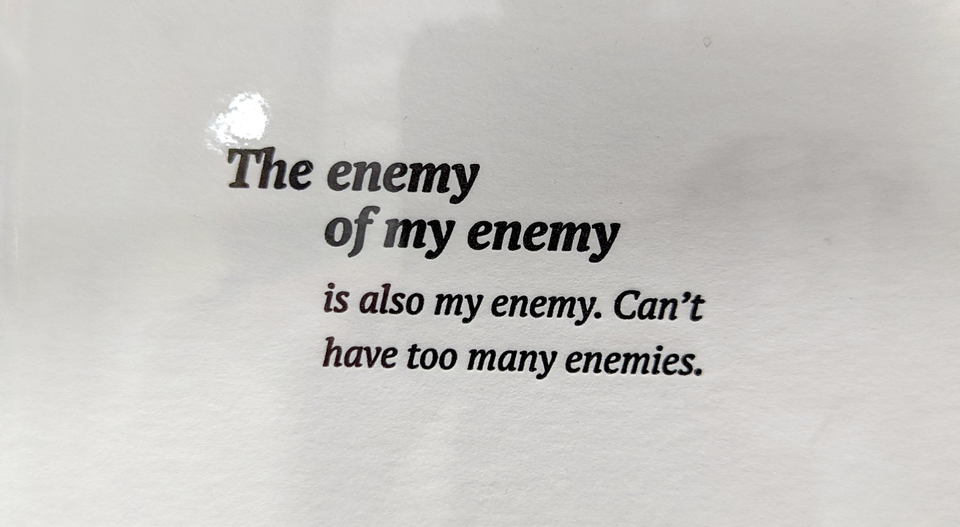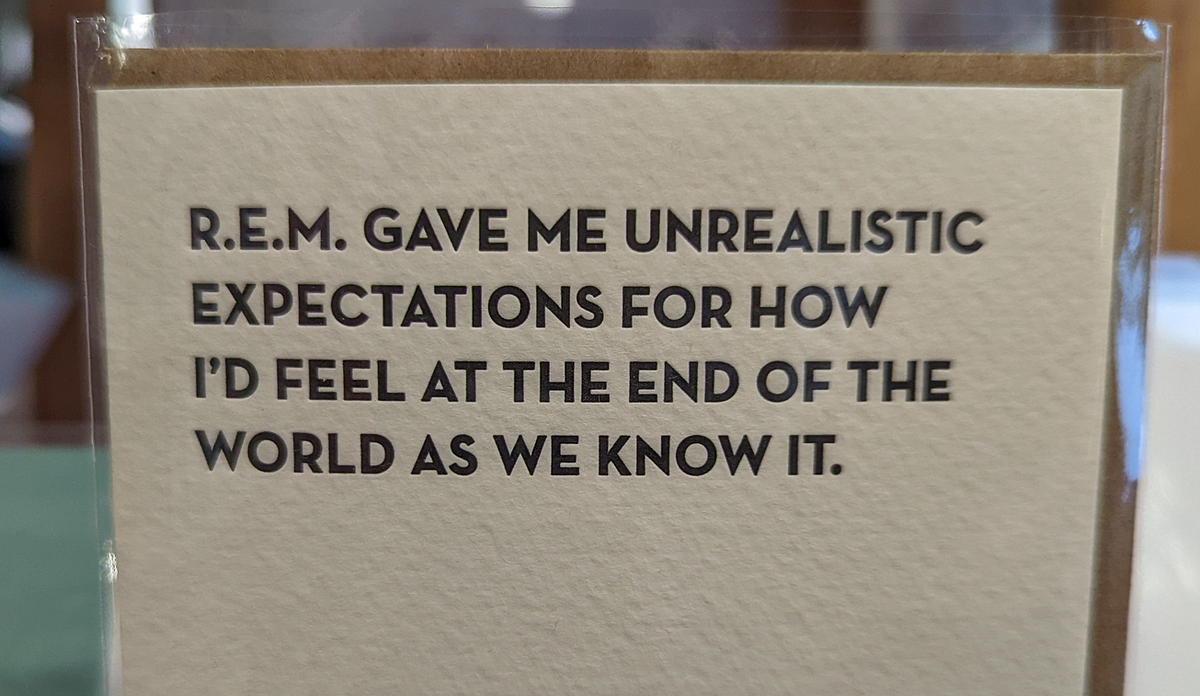The World’s Worst Persuasion Tactic: Insults

Greetings friends!
Last week I wrote about how useful it can be for a person to respond to insults with humor. I discuss today one category of insults on which I've all but lost my sense of humor: political insults.
Some topics bring out strong emotions, no matter the intention of the original author in discussing a topic. The insults I discussed last week sprang from articles I've written about sustainability and environmental topics. Even those lighting rods can be tame compared to the passions that politics arouses.
I publish some of my work on a site called Medium, which has tens of millions of members around the globe. It's a supportive community for writers looking to hone their craft. Given the diversity of the audience, opinions differ, sometimes widely. Politics brings out the worst in otherwise kind people.
After observing a rise in what seemed to me to be mean-spirited content, I started thinking about taking a small stand against gratuitous political swipes. We can disagree about policies, but I am heartily sick of casual insults of people based on their politics.
I'll start with the former (and possibly future) President Trump, who is a giant bully and an ass for insulting his opponents. His violation of norms shocked the world and pushed a great many people into horrified opposition.
What’s baffling is how ready his opponents are to resort to the precise tactics they deplore. (We must destroy democracy to save democracy.) The last eight years present a truly depressing spectacle to see who can most comprehensively violate norms.
To pick just a simple example, let’s look at name-calling. It’s more dangerous than we might think. Because of this, I make a personal commitment below and invite you to do the same.
It’s one thing to disagree with a person and everything they stand for. It’s another to spend hours of one’s life dreaming up pejorative names.
When we resort to insults, we’ve already lost the argument
I’ve spent years learning how people think and how to get them to change their minds. My favorite lenses for understanding people and what motivates them have been psychology, economics, and law.
As General Counsel of a large public company for 20 years, I put these tools to good use in negotiating many thousands of contracts and deals with people all over the world. What they taught me is this: personal insults are remarkably poor persuaders. Insults in an exchange signal failure, not that you’re winning.
I wrote about this in Disagree Without Being Disagreeable:
When I see someone resort to personal insults, I take it to mean their idea cannot withstand criticism. Moreover, you are all but guaranteeing that your counterpart will dismiss what you have to say further. This makes it that much harder to achieve a common understanding.
Disagreement does not have to be disagreeable. When you make an exchange personal, you not only lose the argument, you lose the chance to gain a convert to your idea.
If you find yourself shouting at strangers, stop and ask yourself why. It’s unlikely to be changing anyone’s mind.
If insults win no arguments, why do we hurl them at each other?
Here’s where things get scary. Insulting an opponent (say, a politician) or a group (like their supporters) is not meant to change anyone’s mind but to bolster opposition. That is, I want you to feel both righteous anger and a vicarious thrill when I insult our common enemy.
In other words, these insults are tools to divide citizens and dehumanize our enemies.
Reading history, I used to wonder how it is that so many seemingly enlightened and civilized societies found themselves turning on each other. How is it that neighbors could not only willingly, but happily, round up neighbors to imprison, torture, and even kill them?
I wonder no more. It starts with ceasing civil discussion in favor of bullying, shouting, and insulting. It’s no joke, even if we find ourselves laughing.

The way to stop insulting people we disagree with…
I’ll paraphrase Chief Justice John Roberts: The way to stop insulting people we disagree with is to stop insulting people we disagree with.
I will take the first step. Although I disagree with many people on politics, I hereby commit to the following no-insult pledge:
- I will never insult you personally for your political beliefs.
- I will not personally insult a political figure I disagree with.
- I will not become that which I despise to defeat that which I despise.
- I will engage respectfully and in good faith, even when my political opponents do not.
Fellow citizens, it’s up to us. If our leaders won’t serve as role models, let us do so ourselves. Take the no-insult pledge with me.
Be well.
PS — I’m still working through what a concerned voter shall do in this environment. Until I come up with something better, here’s my recommendation:








Member discussion